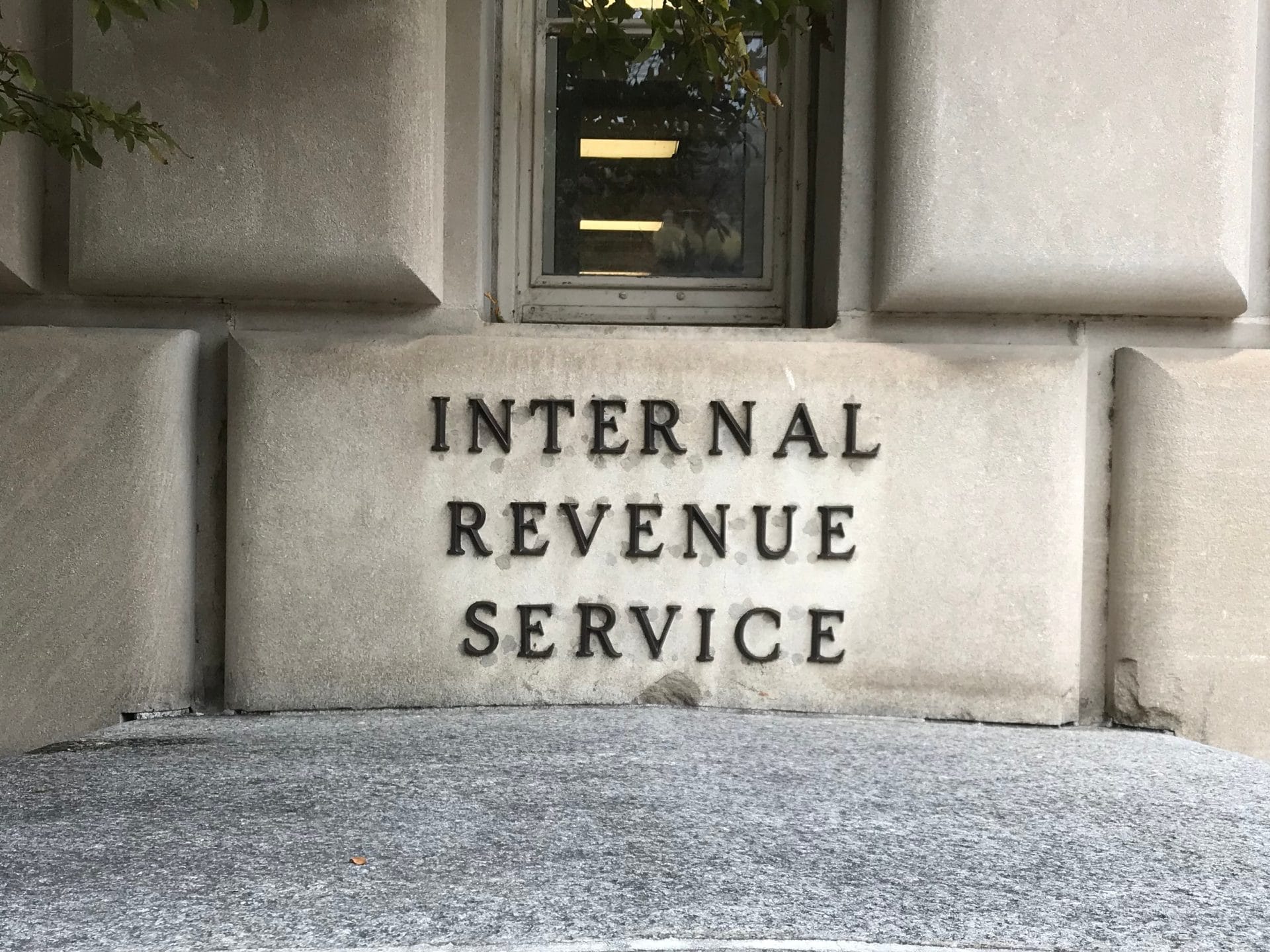“`html
New Guidance on Corporate Stock Buyback Excise Tax
The Treasury Department and the IRS have recently unveiled proposed rules that aim to shed light on the Inflation Reduction Act’s 1% excise tax on corporate stock repurchases. This move is expected to alter the landscape of corporate reinvestment strategies, as the Treasury Department emphasized the need for companies to channel profits towards employee growth and innovation rather than stock buybacks.
These proposed regulations are designed to provide clarity on the calculation and payment of the new tax, building upon interim guidance issued in December 2022. Treasury Secretary Janet Yellen highlighted the rule as a stride towards tax fairness, ensuring that large corporations contribute equitably alongside American families.
The Inflation Reduction Act targets covered corporations, which are publicly traded domestic entities excluding certain investment companies. The excise tax is calculated based on the net value of stock repurchased within a taxable year, adjusted for any stock issued during the same period. The definition of “repurchases” extends to redemptions of stock and transactions deemed economically similar by the Treasury.
Foreign-parented multinational corporations face an anti-abuse rule to prevent evasion of the excise tax through intercompany funding strategies. The proposed regulations also clarify the statutory netting rule and introduce a “de minimis” exception for transactions not exceeding $1 million in aggregate fair market value.
Reporting of the excise tax will be through Form 720, accompanied by Form 7208, which calculates the tax owed. A draft of Form 7208 is available, with the final version expected before the first reporting deadline. Taxpayers with a taxable year ending after December 31, 2022, but before the final regulations are published, must adhere to specific reporting and payment deadlines outlined in last year’s Announcement 2023-18.
Stakeholders are encouraged to submit written comments on the proposed regulations by specified dates, contributing to the shaping of this significant tax policy change.
“`






